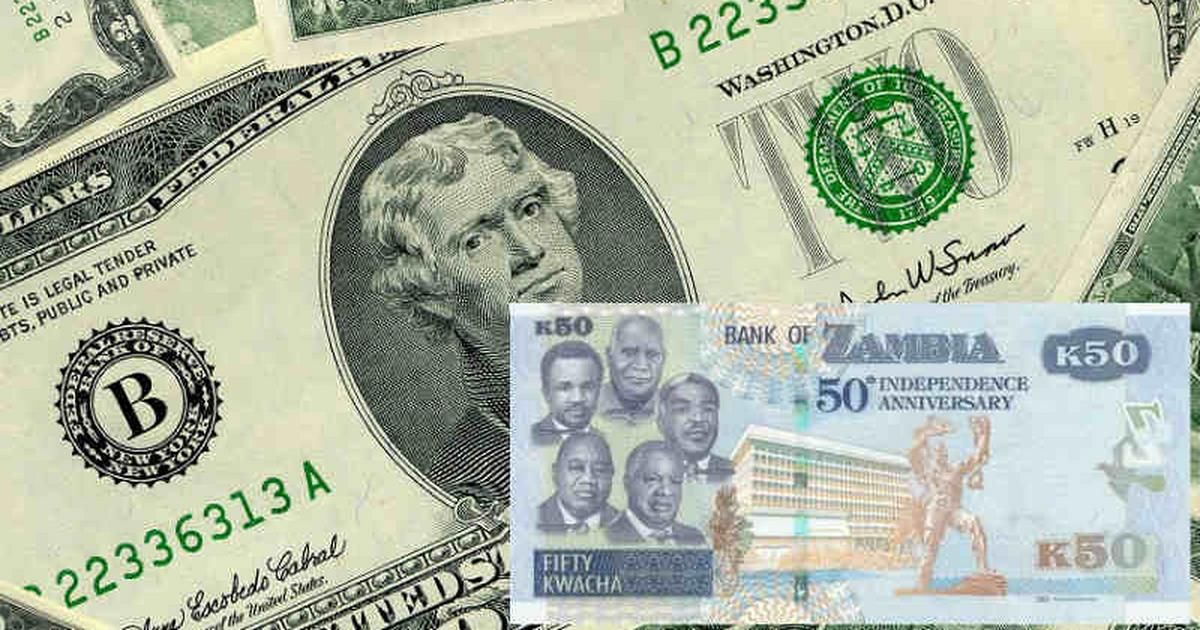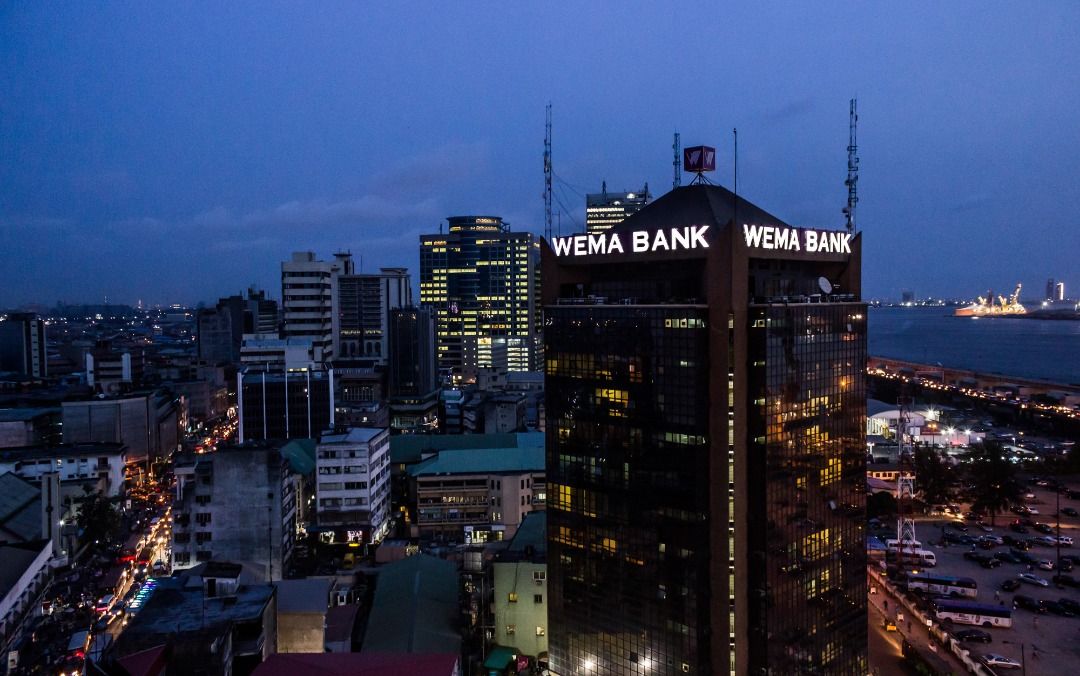A year after what Chainalysis called the biggest crypto scam in 2020- the infamous collapse of Mirror Trading International in South Africa, a giant crypto scam have taken place in South Africa yet again. This time, Africrypt is making the rounds.
According to reports, two brothers Raees and Ameer Cajee, have carted away with bitcoin worth $3.6 billion from their cryptocurrency investment platform and blamed it on a hack.
Raees Cajee and Ameer Cajee are the Chief Executive Officer (CEO) and Chief Operating Officer (COO) of Africrypt. In 2019, both set up an AI-powered trading algorithm in South Africa called Africrypt. If you are coming across the name, Africrypt is a currency exchange system. It connects banks, payment providers, digital asset exchanges and corporates, making global money transfers seamless.
Everything was going fine for Africrypt until April this year when the executives in a mail informed clients that the platform had been hacked. They claimed the breach affected the client account, and they are making efforts to retrieve the stolen funds.
“Our number one priority is retrieving the funds as speedily as possible, however, this process is very wary and will take a substantial amount of time to complete, if successful.” Africrypt in a mail to clients
To quote CoinGeek, "However, the most curious part of the email was when they asked the clients not to report the matter to authorities."
“We urge all clients to please be patient as we attempt to resolve the situation at hand. It is understandable that clients may proceed the legal route, but we ask clients to please acknowledge that this will only delay the recovery process.” Africrypt in a mail to clients
Investors were not buying Africrypt's excuse as some hired the services of Hanekom Attorneys, and another group started liquidation proceedings against Africrypt, Bloomberg reported.
Hanekom Attorneys, the firm representing the victims, in a statement, revealed that the Cajee brothers relocated to the U.K. within days of the supposed hack. Consequently, they took down the website and disconnected all contact, including their phone numbers.
According to Hanekom, most of the BTC was almost impossible to trace because the brothers transferred it to BTC tumblers and mixers. The law firm also revealed that the scammers were reckless enough to drain the investors' funds into some of the wallets they had been using while operating the scam and yet claim to be hacked.
“Our further analysis of the blockchain links the flow of cryptocurrency transactions to certain large local exchanges. We trust that these exchanges will be open to disclosing information relating to wallets used by Africrypt or their proxies.” Hanekom
South Africa's Finance Sector Conduct Authority is also looking at Africrypt. Still, it is handicapped because it does not have the legal backing to launch a formal investigation as crypto assets are not legally considered financial products.
South Africa in focus
GDP: $351.432 billion compared to Botswana's $18.34 billion in 2019
Population: 58,588,267 compared to Botswana's 2,303,697 in 2019
GDP per capita: $6,001 compared to Botswana's $7,961 2019








